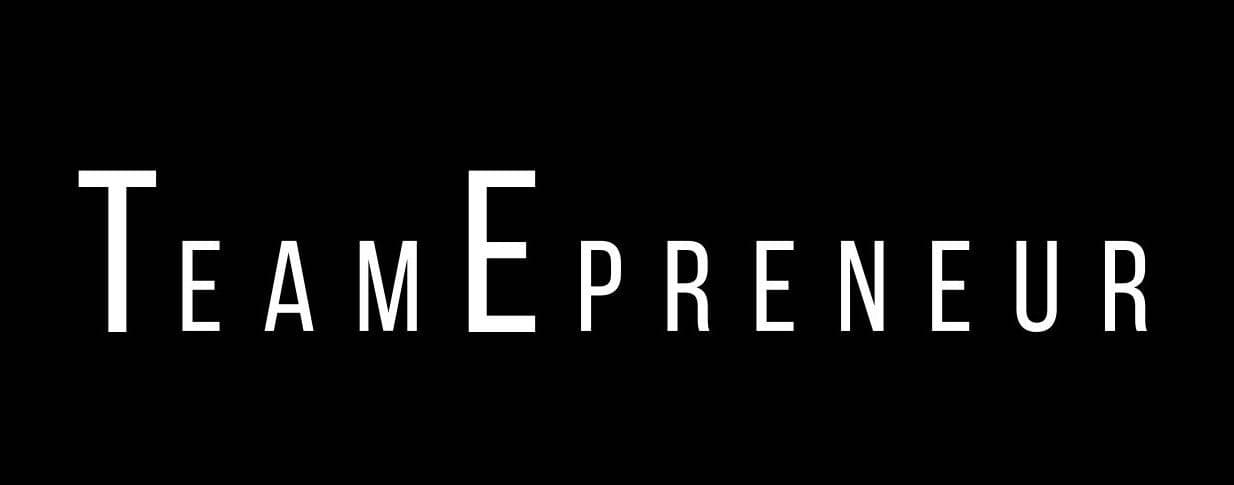What can this Cuban and Coca-Cola teach us about success?
J.P. Montalvan • May 22, 2023
“If you think you are going to be successful running your business in the next ten years the way you did in the last ten years, you’re out of your mind. To succeed, you have to disturb the present.”
-- Roberto
__________________________________
What can this Cuban and Coca-Cola teach us about success?
Roberto was born in Havana, Cuba in 1931. He grew up in a close-knit family amid the vibrant culture of the island. His parents instilled in him strong values of hard work, determination, and perseverance.
Roberto’s early years were marked by both the joys of childhood and the challenges brought on by political unrest as a young man. His family’s peaceful life was disrupted by the political climate in Cuba, forcing them to make a difficult decision.
Roberto was working for a Coca-Cola subsidiary in Cuba when Fidel Castro seized power in 1959. The Castro government seized land and private businesses. Two months before Castro seized control of Coca-Cola’s Cuban operations, Roberto, his wife, Olguita, and their three children fled the country, arriving in Miami with $40 and 100 shares of Coca-Cola stock. The sudden displacement created immense challenges for the young Roberto and his family.
As refugees, Roberto and his family had to rebuild. He had earned his bachelor's degree in chemical engineering at Yale – he doubled down and earned a master's degree in engineering from the University of Miami.
Roberto Goizueta eventually became the CEO of The Coca-Cola Company.
This month, my Leadership Circle is talking about what I call the “3 C’s of Success” – competence, confidence and connectivity. These interconnected qualities form a powerful triad that propels people toward success. Whether you want to excel in your career, build meaningful relationships, or tackle new challenges, nurturing your competence, confidence, and connectivity will pave the way for you to succeed.
In Cuba, Roberto had developed some special habits, but no special knowledge. He had to build his competence.
How did he do that?
Roberto started by identifying what he needed to learn.
“I didn’t know enough English to get into college in the United States.” Roberto taught himself English. He prioritized his education and pursued a degree in chemical engineering. He developed a strong foundation of technical knowledge and problem-solving skills.
His approach to competence didn’t stop there. “I consider my biggest task not to get ahead of others but to surpass myself, and to make the ideal in my mind become a reality in my everyday life of work.” How did he do that?
Roberto was committed to continuously learning.
According to Goizueta biographer David Greising, “As soon he became president, Goizueta began a detailed study of every aspect of Coke’s business. Although proud and confident in his abilities, Goizueta had enough self-confidence to admit his limitations. He even exposed his lack of knowledge to subordinates by asking dozens of questions ranging from simple queries about market size to complex calculations of rates of return and the present value of invested capital.” He realized that the path toward competence didn’t have an ultimate destination. It was a continuing journey.
Finally, Roberto understood the need to adapt to a changing world and reinvent what his company did.
He said that the world we live in is constantly changing. “If we don’t change with the times, if we aren’t reinventing ourselves every few years, we will become stagnant. And when that happens, growth, profitability and pride gradually erode,” he said. Goizueta, facing the increased competition from Pepsi and changing consumer preferences, risked the enormously successful, long-established bedrock of a company to create New Coke, which quickly failed. But he also led his teams to develop Diet Coke, which has been phenomenally successful and is still among the top 3 carbonated soft drinks in the United States today.
As you evaluate where you are against where you want to be, you might consider these questions about competence…
- What do you and your teams need to learn right now to be more successful?
- How can you build or strengthen a habit of continuous learning for yourself and your teams?
- How will you and your teams need to adapt and reinvent yourselves?
Roberto’s competence was a long journey of ongoing self-evaluation, self-improvement, and adaptability. His commitment to education, continuously learning, and adapting and reinventing himself and Coca-Cola played a vital role in his success. Under his leadership, the market value of Coca-Cola stock rose from $4 billion in 1981 to $145 billion in 1997.
What are your next steps toward growing your competence? I’d love to hear from you.
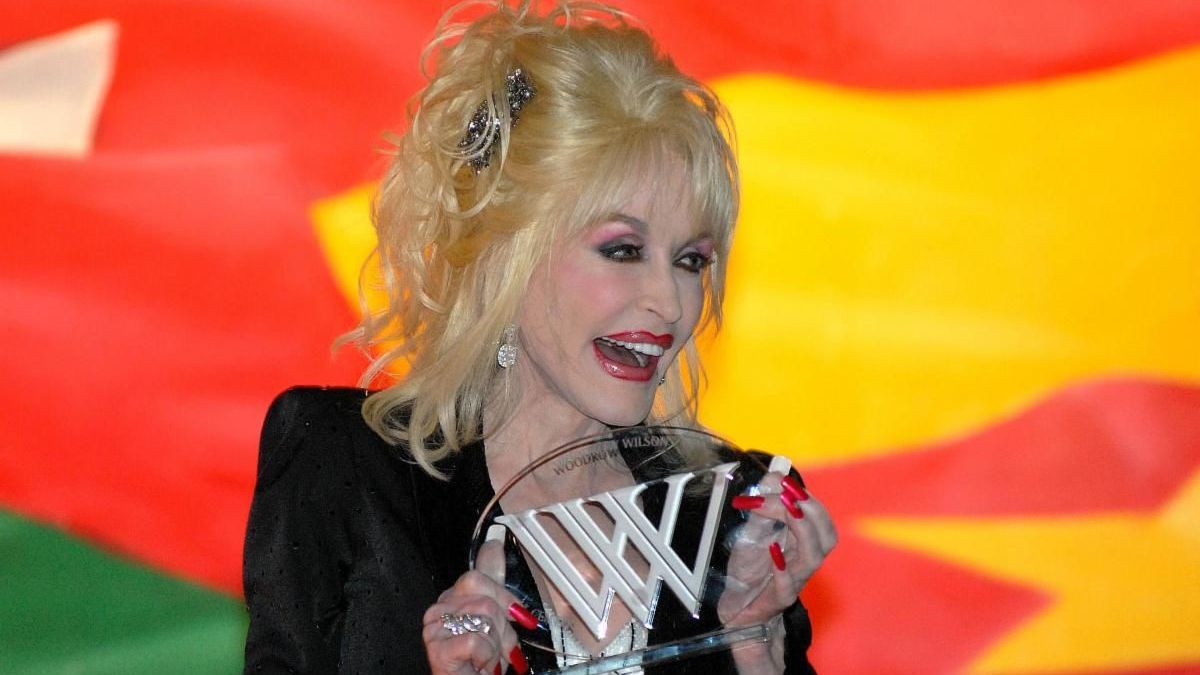
As a leadership coach, I get to work with a diverse range of entrepreneurs and intrapreneurs – quite a few real estate agents, fitness professionals, mortgage lenders, government contractors and others. Come April, it's like clockwork – we all start realizing how easy it is to lose sight of our yearly goals by the end of the first quarter. Life gets busy, we get caught up in the whirlwind of reactivity, and suddenly, those big dreams we had at the start of the year feel miles away.

As most of you know, tragedy struck on what would have otherwise been an ordinary night earlier this week in the heart of Baltimore. The Francis Scott Key Bridge, an iconic structure that spanned the Patapsco River, became the focal point of a devastating disaster that has shaken Baltimore and the region to its core. As I think about the events of that night, there’s a lot to unpack, from preparedness and the “why” behind a crisis to quick thinking and the human capacity for heroism in the face of adversity.
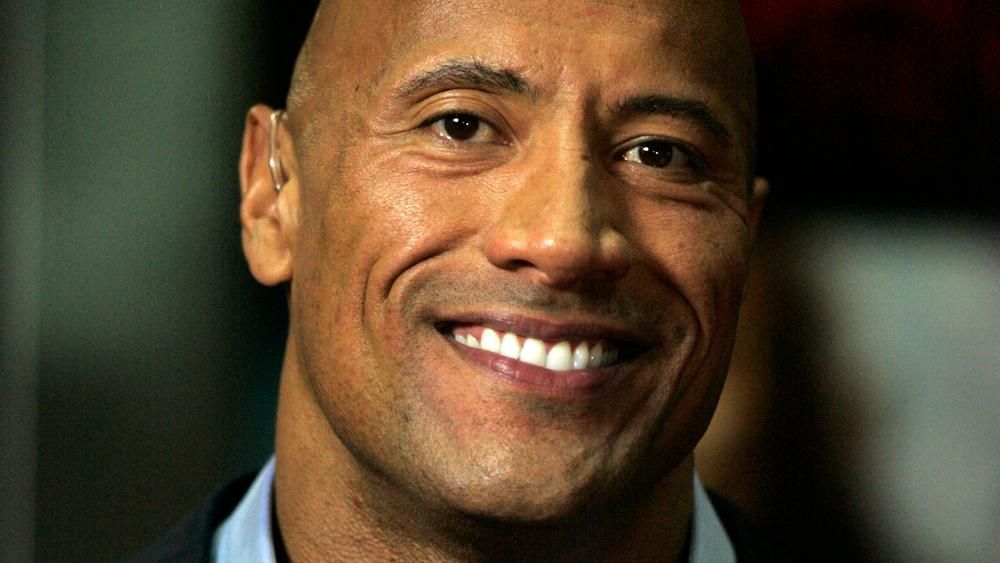
Happy Hump Day!
I don’t usually reach out to you on Wednesdays, and I wanted to share that Wednesday isn't just any ol' day – it's the linchpin of your week. Why?
As I’m sharing with my Leadership Circle this quarter, Wednesday isn't just the midpoint of the typical work week calendar. It's a golden opportunity for us to hit pause, reassess, and realign ourselves with what really matters – our weekly priorities.
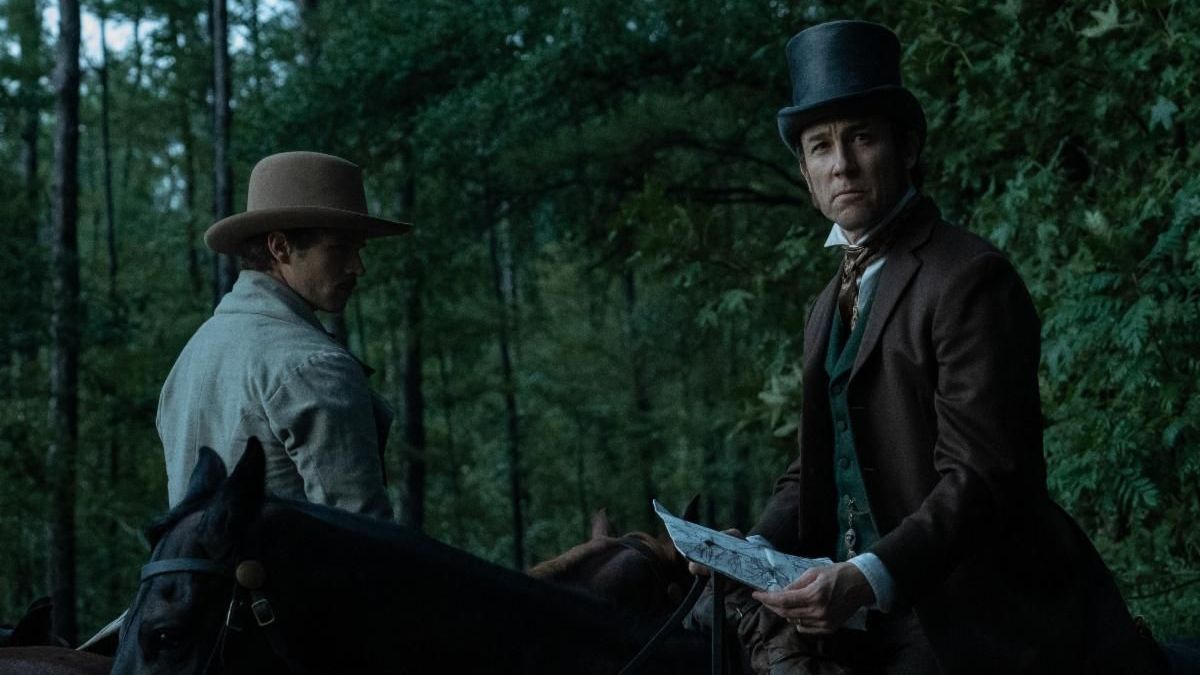
Edwin was born in the small town of Steubenville, Ohio. His education started in Miss Randle’s kindergarten and was followed by Henry Orr’s seminary around the block. At 10, he entered George Buchanan’s nearby Latin school where he was called “an imperious and self-reliant young man.”
Edwin’s lifelong struggle with asthma might have contributed to his temper, but so could have the early death of his father and the deaths of his brother and two children.
And on the eve of achieving his life’s dream — nomination to the Supreme Court — Edwin Stanton’s chronic asthma caused his death in 1869.
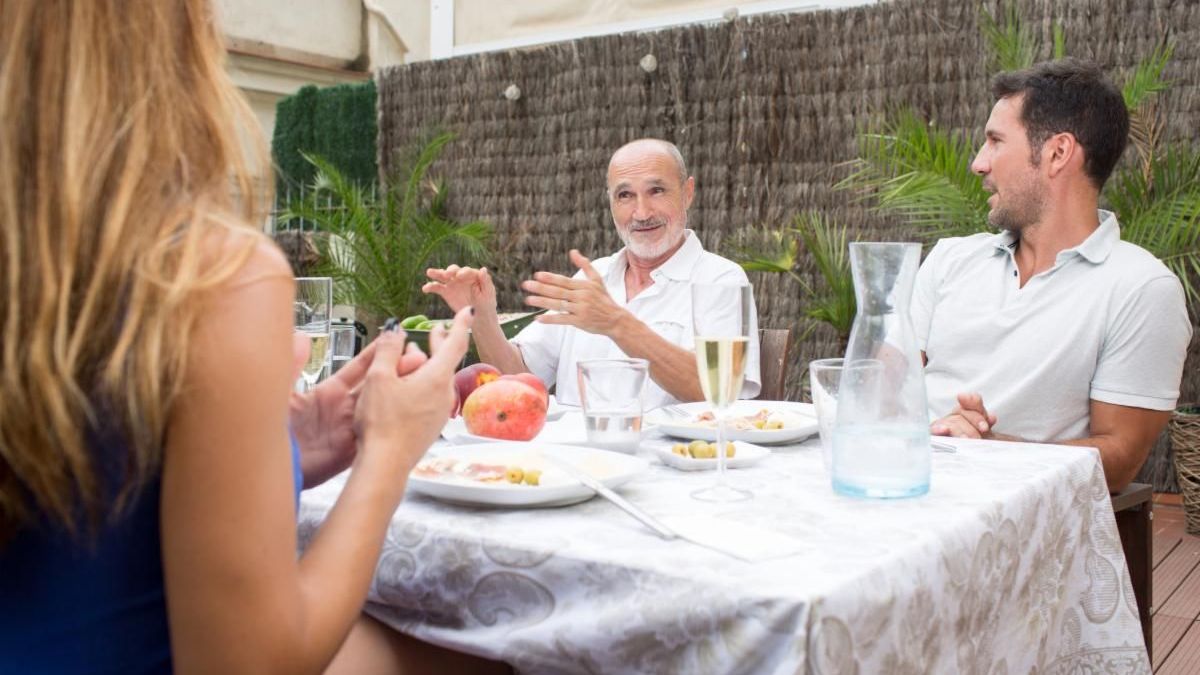
As I sit here late at night in my parent’s family room, a few hours away from our home, thinking about you, it dawns on me that we’re often wrapped up with how leadership impacts us in the work world. But the reality is that it permeates every part of our lives – and especially our relationships with family and friends.
This weekend, the conversations with my parents are covering a myriad of topics, from advice on navigating parenthood with our newborn daughter to discussing strategies for managing their health.
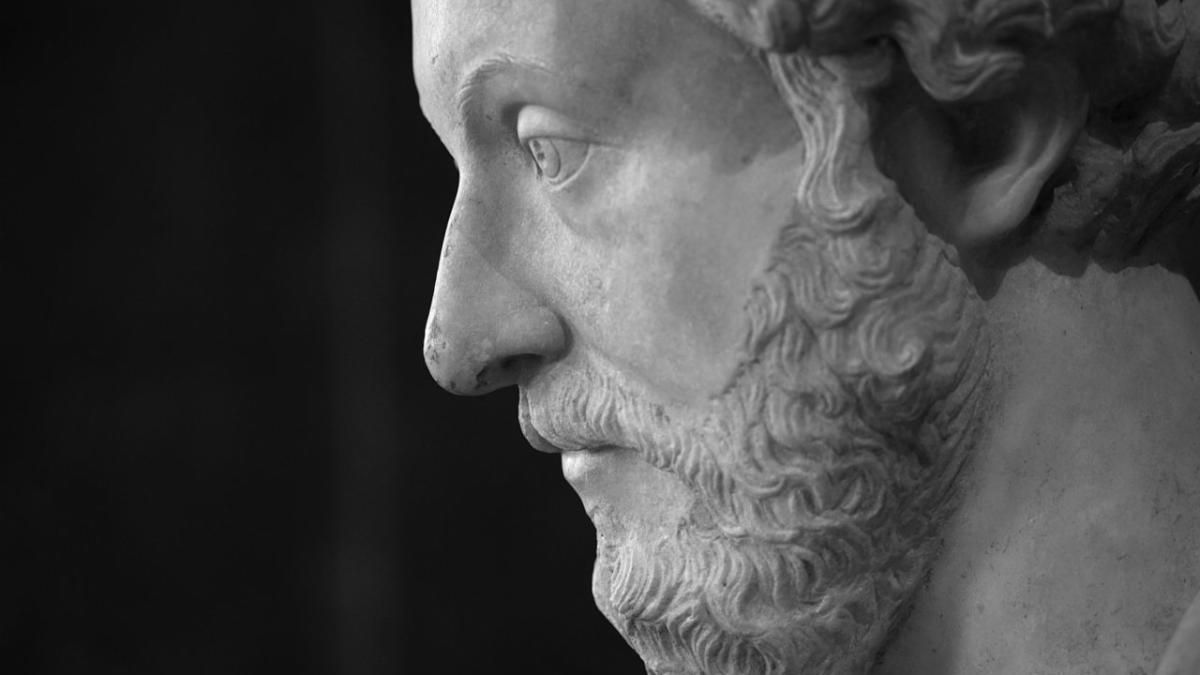
Recently, Veronica and I took a trip to the beautiful Virginia countryside around Flint Hill, Virginia. As we took in the breathtaking, winter scenery of rolling hills, horses, cattle and more, we decided to stop for lunch at the inviting Dark Horse Irish Pub. Little did we know that our dining experience would include both delicious food and the unexpected wisdom of a heartfelt connection.
Upon entering the cozy pub, we were greeted incredibly warmly. Our waiter was a young man who attended to us graciously through our meal, and when he had to leave was replaced by an older waiter. The older waiter had a twinkle in his eye, as they say, and he immediately struck a chord with us. As our main meal switched to delicious desserts, he engaged us in some lively conversation and took a genuine interest in our newborn daughter in the stroller by our table. His genuine care and enthusiasm was really something.
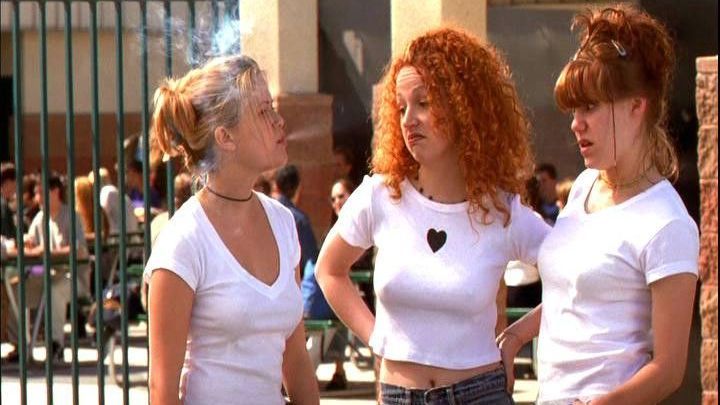
In the challenging world of Hollywood, with a sea of scripts and opportunities, Reese knew what she wanted. Despite some early success and the offers of darker and more intense roles, she was drawn towards “optimistic” storylines that inspired and uplifted. She wanted to make a meaningful impact on her audience, especially girls and young women.
“I got a role in this movie called Freeway playing this really angry, aggressive, violent young woman who believed wholeheartedly in the truth,” Reese shared. “I had such satisfaction afterward, and I thought, that's what I want to do.”
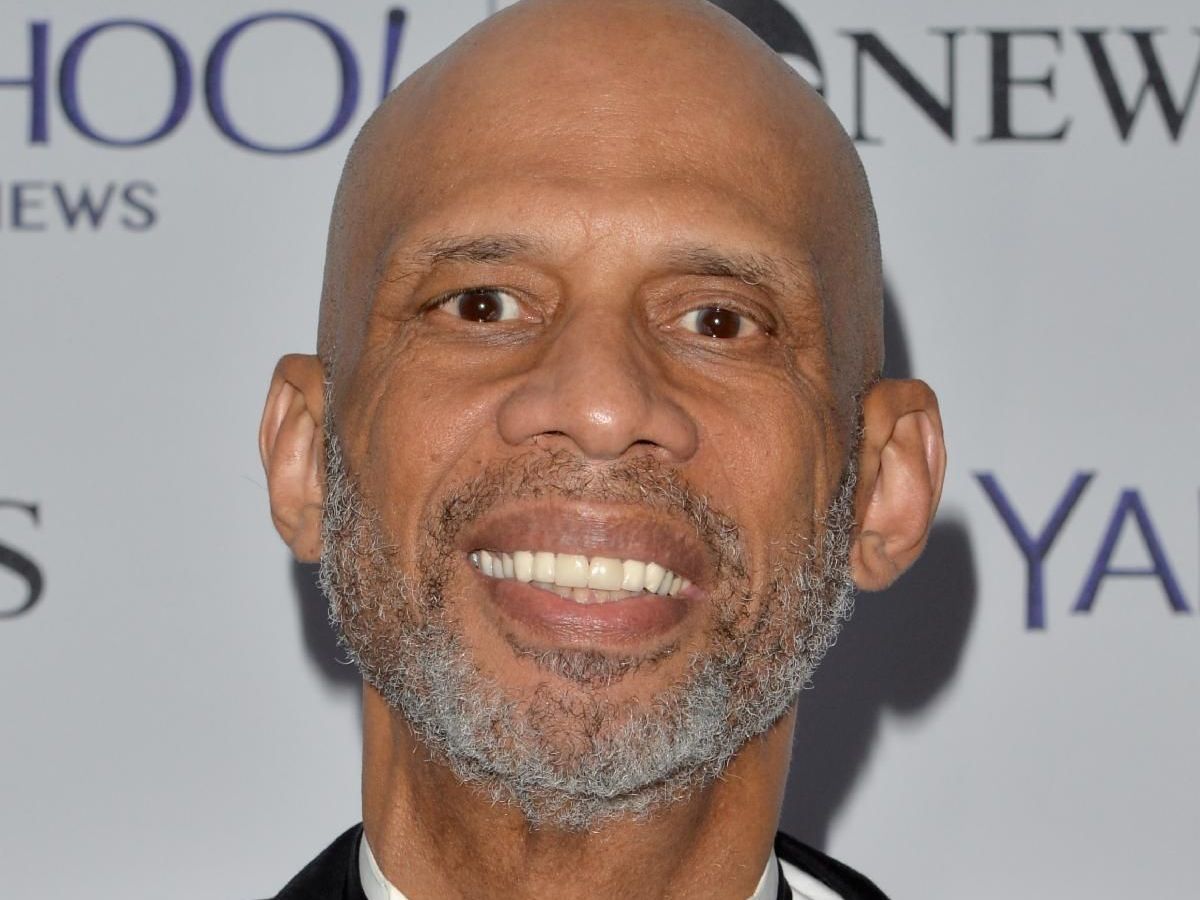
Closing the Gap: Kareem’s Legacy and Your “Big 3” to Success
In the fast-paced world we live in, it's easy to get caught up in the whirlwind of daily tasks and lose sight of our priorities. If you’re anything like me, it happens when we think about the gaps between where we are and where we want to go, in business or in our personal lives.
Kareem dedicates much of his time now to empowering marginalized communities, reflected in his book "Writings on the Wall: Searching for a New Equality Beyond Black and White." He was asked once about his ability to prioritize amidst the glitz of a storied career.
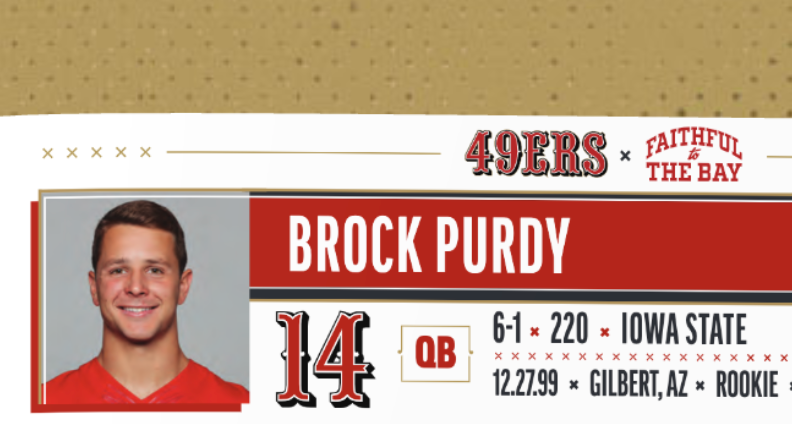
Getting picked last isn't great. Brock would know…
As February rolls in, it's time for a reality check on our goals. How often have you lost sight of your aspirations by now, slipping from proactive to reactive mode? I know I have in the past. How do we stay focused in the chaos of a competitive, hyperconnected world? That's a heck of a ball game.
And when we lose sight of our goals – our big goals – we are picking ourselves last.
